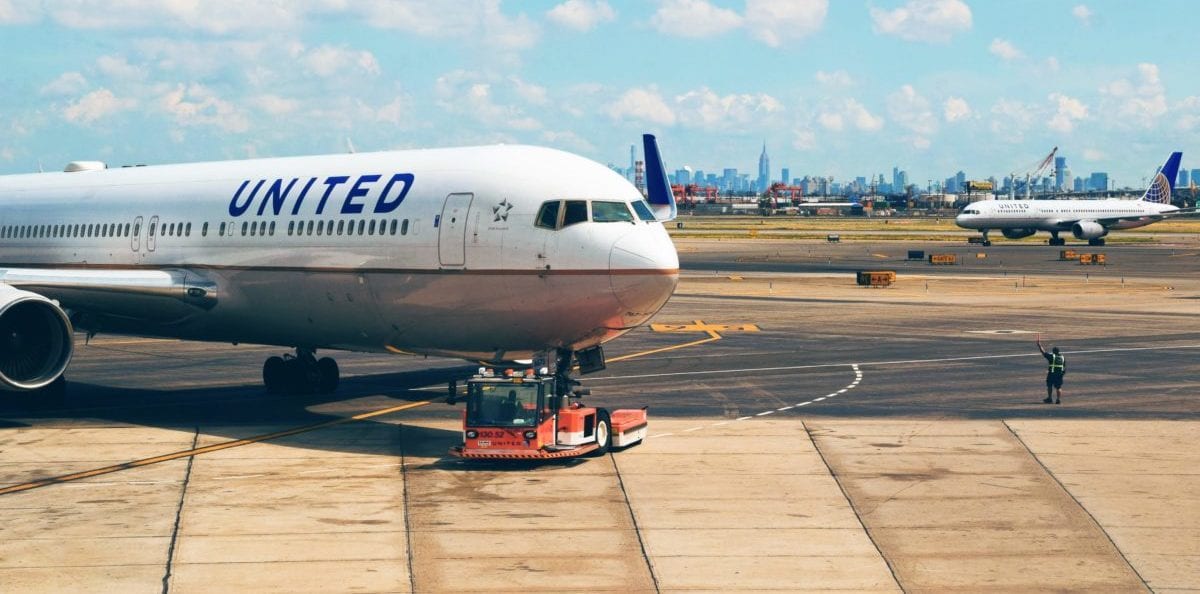United Airlines received three times as many complaints from consumers seeking refunds as Delta and American Airlines combined in March, according to the latest data from the Department of Transportation (DOT).
As coronavirus upended travel plans this spring and summer, refunds have become a major sticking point between travelers, who want their money back, and airlines, who would rather give out vouchers or future travel credits. Airlines are required to offer cash refunds when they cancel or significantly change flights that touch U.S. soil.
Read more: Can you get a refund instead of a voucher for a canceled flight?
But airlines aren't always following that law. Some have the denied refunds they legally owe travelers, and many more aren't telling consumers when a refund is available. Filing a complaint with the DOT is one way to put pressure on the airlines to play nice.
Those complaints have skyrocketed, the latest Air Travel Consumer report shows. The department received nearly 2,600 complaints regarding refunds against U.S. and international airlines in March – up from just 182 in February. Clearly, the mass of flight cancellations driven by coronavirus combined with renewed awareness about passengers' rights has created an outcry.
And the numbers show one egregious offender: United Airlines, which received 640 complaints about refunds in March alone.
That means United received nearly as many complaints as all of the other major U.S. airlines combined. Other major airlines (carriers that make $1 billion or more each year) received a total of 682 in March, the latest month for which data is currently available.
And that makes sense: United has gone to great lengths to avoid giving travelers their money back. In March, the Chicago-based airline was flat-out refusing to issue refunds – the Department of Transportation eventually warned airlines to start following the law.
United also enacted an appalling policy to limit how many refunds it would have to give out when changing flight schedules: Only schedule changes of 25 hours or more would qualify for a refund. After consumer blowback, the airline relented and settled on a (still quite bad) six-hour threshold.
Bottom Line
When the dust settles from coronavirus, travelers should remember which airlines did right by consumers and which carriers didn't. These numbers paint a very telling picture of which is which.

Fly United . . . get Kirby’ed